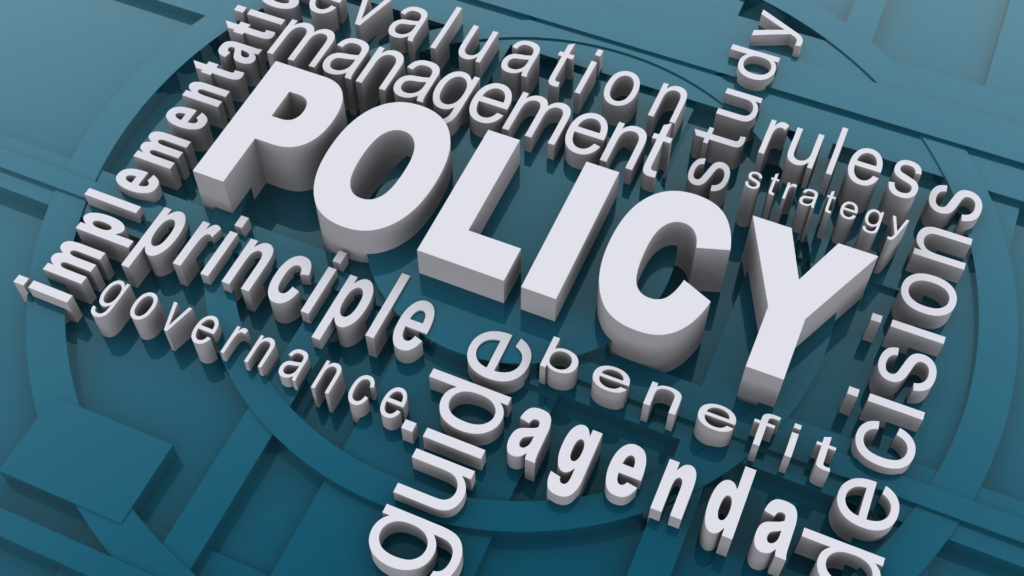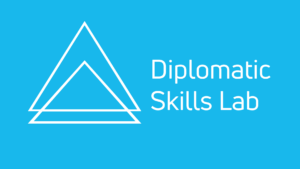Policy-making and analysis
Objectives This course takes a closer look at policy. It asks what makes for good policy and why do so many policies fail or disappoint. It reminds participants that policy is in most cases a means to an end. And that we take our eye off that end goal, the sunlit upland, that desired destination of electors and the elected, at our peril. Policy involves choices, and if policy isn’t adequately addressing the problems that voters perceive in their lives, then the policy is failing and arguably the wrong choices have been made. Who, though, is there in government to account for failure and if necessary to change course? How during implementation do we monitor whether a policy is or isn’t working, and how do we evaluate the success or failure of a policy once it has been implemented? Few politicians submit their cherished policies to the rigours of monitoring and evaluation while in office, and official are often reluctant to do it for them. The problem is compounded in the politically-charged international arena where policy-making is so often about preventing things happening in the context of an environment where control over external political factors is so weak. The course highlights for participants the critical components of an international policy framework to be used as a guide to making good policy. Crucially, it demonstrates that this is a democratic process involving all members of an organisation and not one that should be reserved to its highest echelons. Participants are introduced to various techniques for analysing and grounding their choices around policy-making, including by evaluating alternative futures when applied for example to policy on climate change or the pandemics. Given the fickle nature of policy-making in international affairs, we focus on the analysis of stakeholders, the pressures that bear on them, and the influence and interest they can bring to bear on an issue.
The language of government necessarily focuses on ‘policy’ – proposing it, designing it, winning support for it, legislating for it, defending it and implementing it. Officials, whose job it is to serve elected politicians, are enlisted in the work of government to drive policy forward. Indeed, everything that public servants do is, or should be, related to driving policy forward. But what is policy? How does it come to be made? Is it worthy of its status as a credo for government?
Learning outcomes
The course will have enhanced the ability of participants to think politically and holistically about issues of international policy. It will have provided them with a practical framework for designing and pursuing policy whatever their level in the organisation. It will also have given them a range of analytical tools with which to make informed choices on policy choices and implementation. Above all, having had the opportunity to practise these techniques in the safety of the training room, they will be able to approach policy-making in international affairs (including EU/European business) with confidence and skill.
Methodology
Policy-making and analysis can be delivered face-to-face in one day or online in one or two half days (see FAQs). PowerPoint presentations will animate workshop-style discussion beginning with a hard-nosed look at the situation they face in their current workplace. There will be a strong focus on techniques for assisting the policy process including stakeholder influence mapping. Group exercises based around current topical foreign policy issues will be used to give participants an opportunity to practise these techniques before their efforts are evaluated in wider plenary debate. Handouts of Top Tips will reinforce the learning. This training is not just for diplomats but for anyone engaged in pursuing policy in their organisation and engaging with external stakeholders. We recommend that participants ensure they are abreast of recent developments in international affairs before coming on the course.
Our experience
Our trainers bring the practical experience of senior diplomats representing their governments in the EU and in a multitude of bilateral contexts. They are also experienced trainers, with the ability to illustrate the techniques they share with personal examples from their own professional lives. Uniquely, they are well versed in offering candid and constructive feedback to individual course participants in a way that encourages personal development.
Our training on policy-making and analysis have been successfully delivered to participants in the European Commission, the European External Action Service, the General Secretariat of the Council of the EU, to officials from government ministries in Switzerland, Lithuania, Estonia, the United Kingdom, Georgia, Armenia and Ukraine, as well as to the Government of Catalonia.


